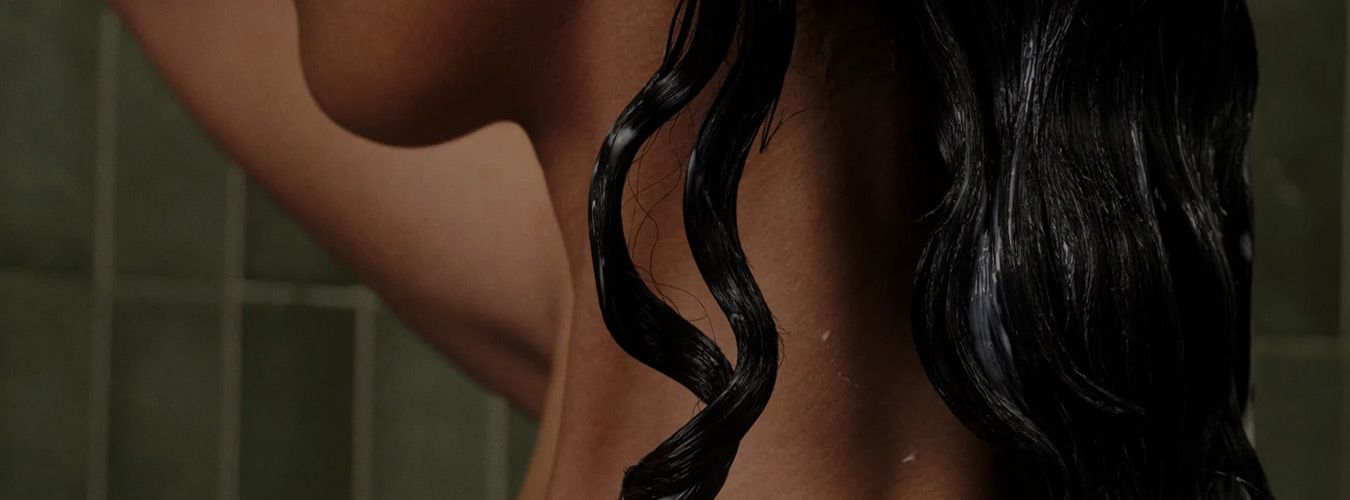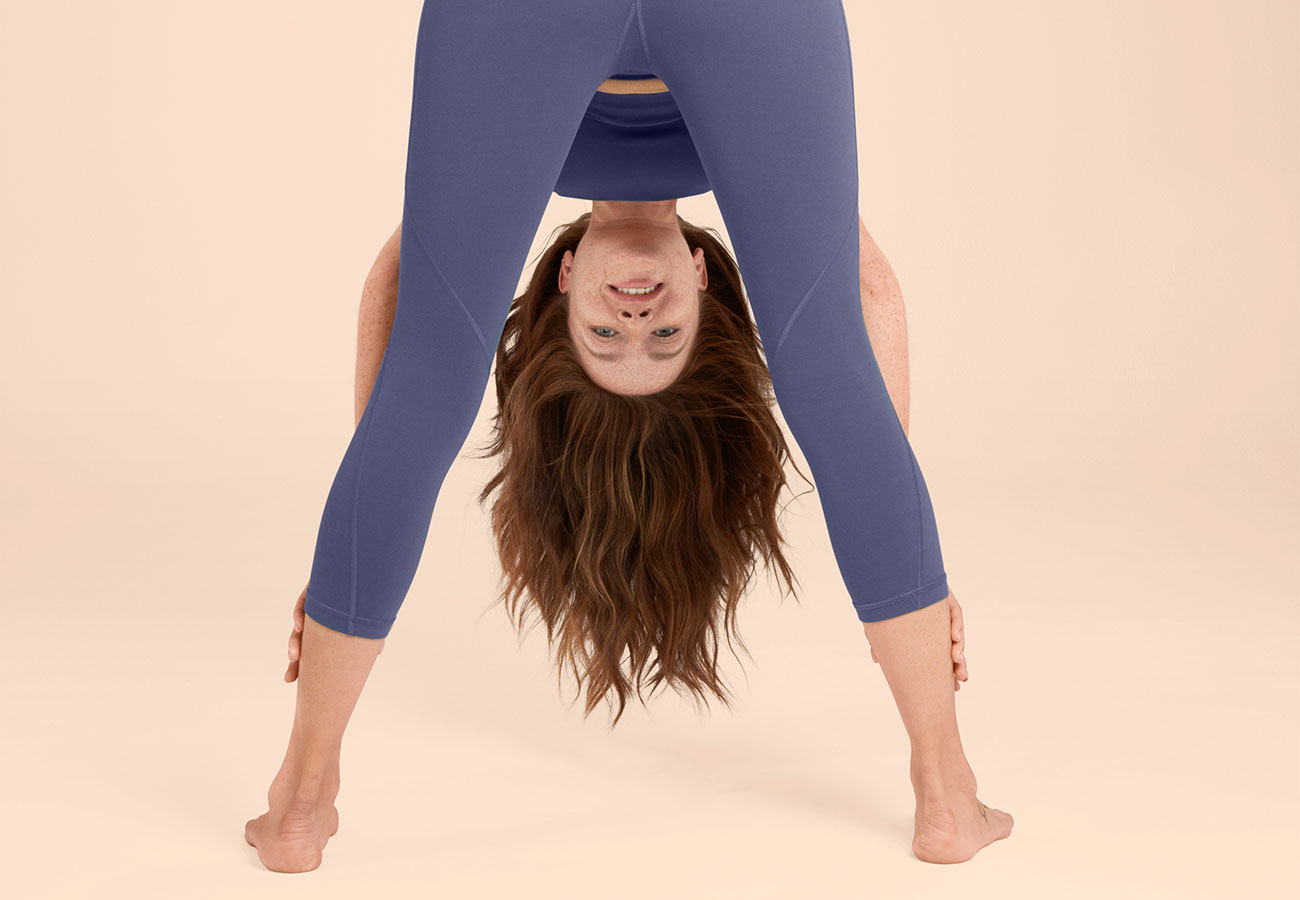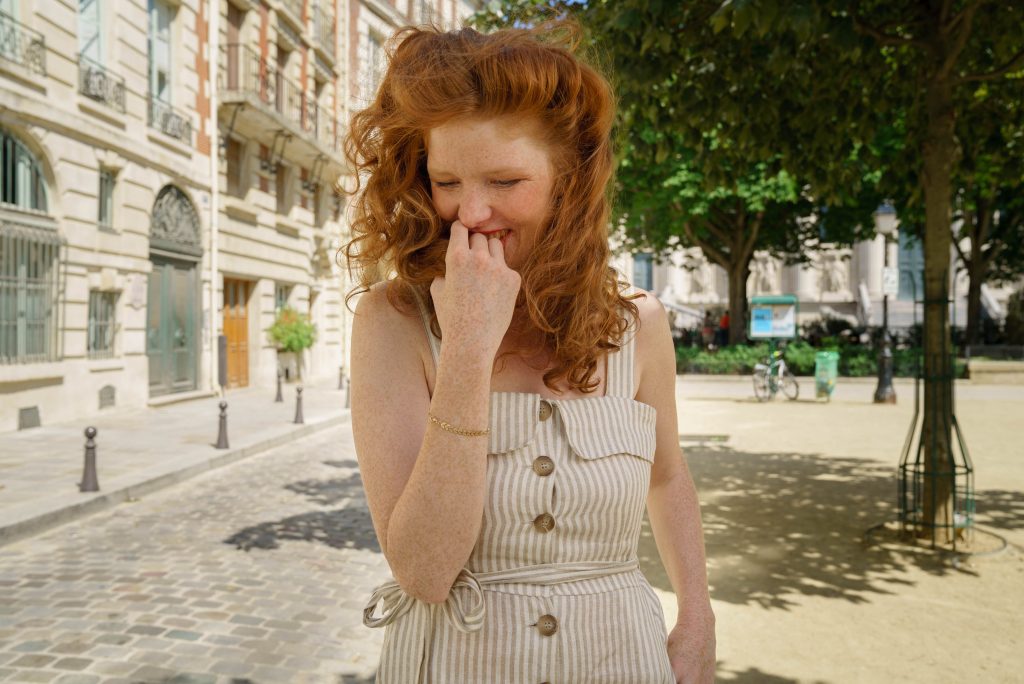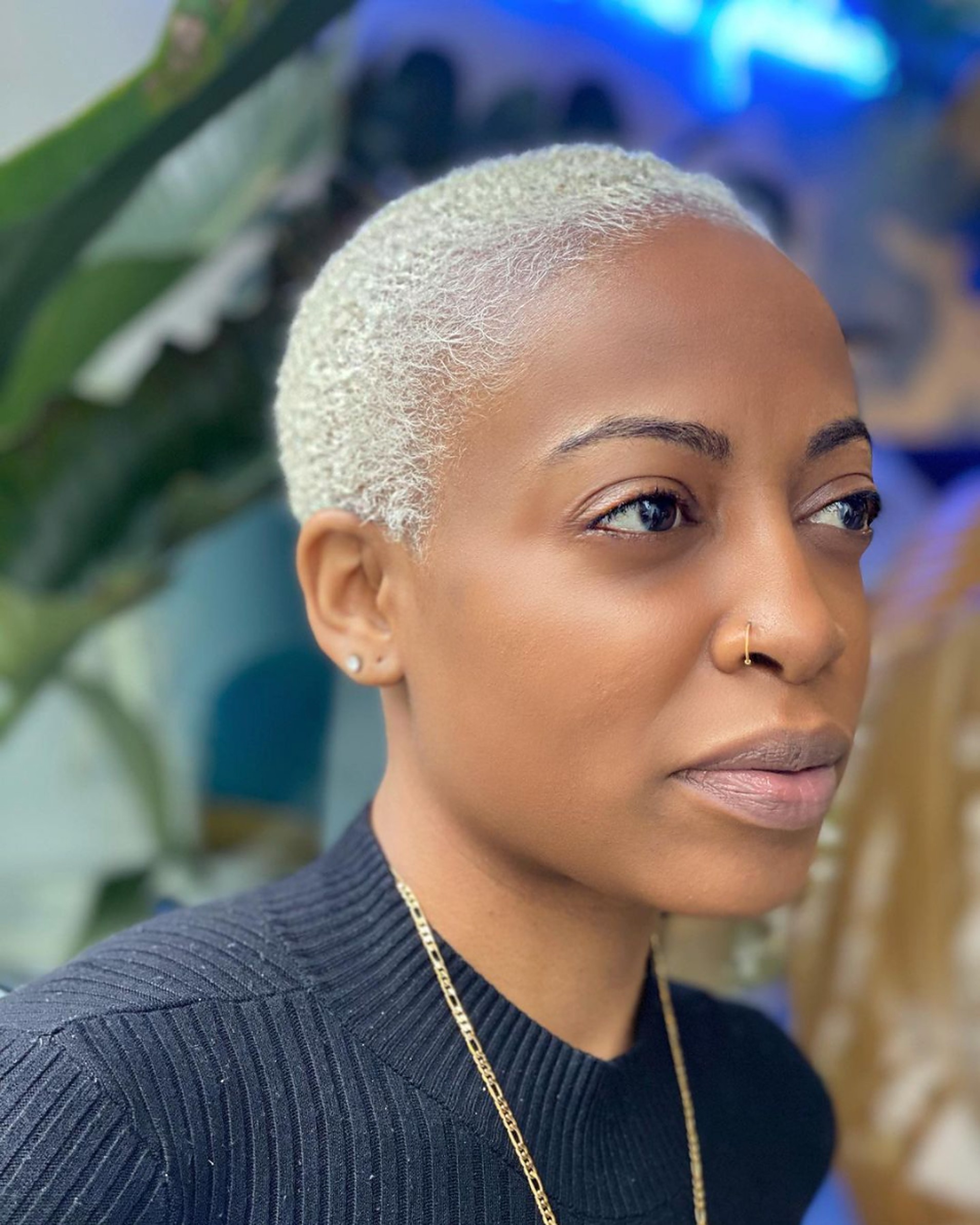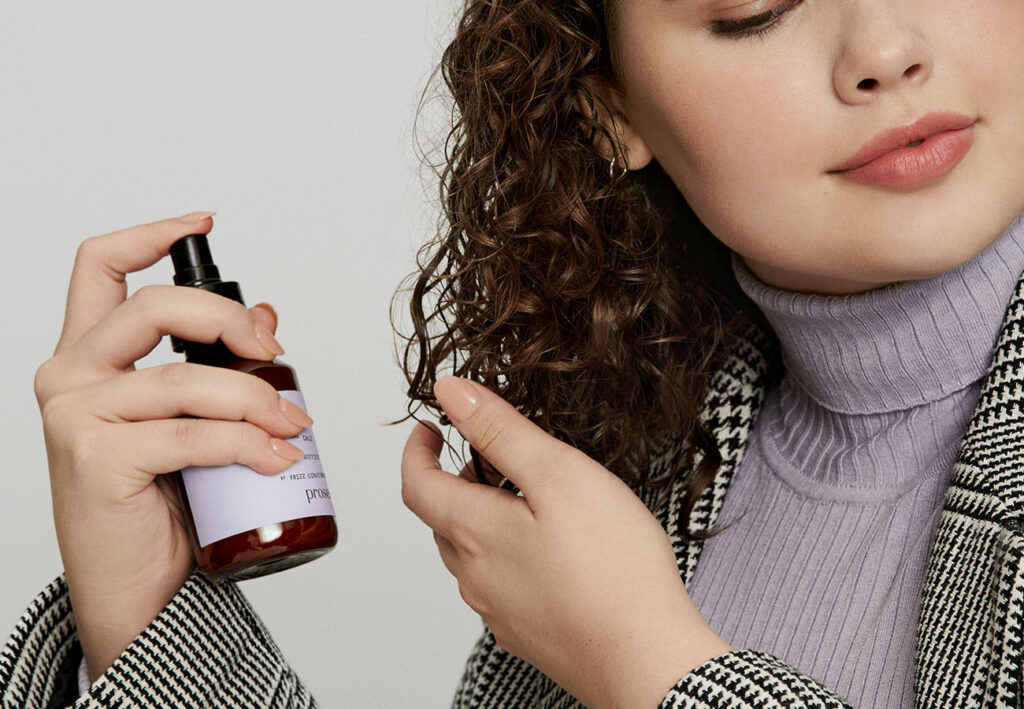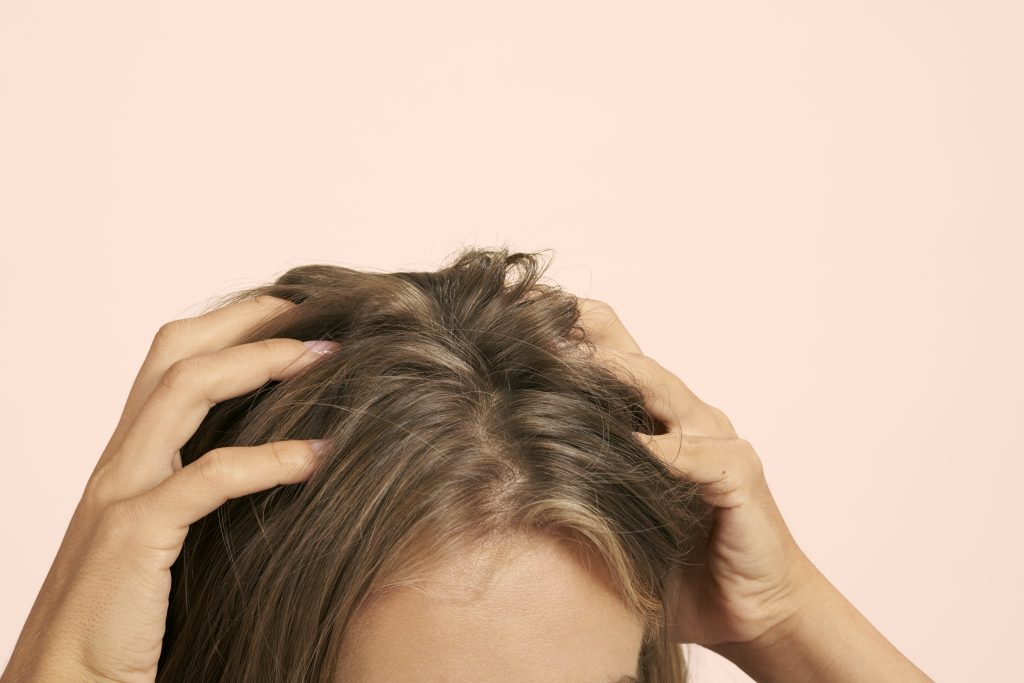First things first, is sweat bad for your hair?
To put it simply, it could be. It all really depends on how much you sweat, a direct result of the level of intensity of your chosen workout.
“If you tend to sweat a lot during a workout, the salt in the sweat can dry your scalp and hair,” says Holly Dear, owner and founder of House of Dear. “I would recommend choosing a shampoo that is nourishing and hydrating that replenishes and strengthens your scalp and hair. These products should not deprive these areas of their natural production of oils, which is a downfall of washing your hair too often.”
While sweat can help with hair styling (it’s nature’s sea salt spray, after all), if a straight-from-the-beach look isn’t what you’re after, then you may view sweat as your hair’s biggest rival. We’re here to change that with tips and tricks on how to handle post-workout hair. But first, choose your workout:
Pilates or barre: Minimal sweat
Expert take: Due to the minimal sweat that results from low-impact workouts, skipping “hair-wash day” isn’t a big deal here. Hairstylists do recommend you tie your hair up before any workout though. Not only will this keep hair out of your face, thus avoiding obstructed views as you mirror your trainer’s instruction, but updos minimize any touching or flipping, which can lead to oily hair.
Spin or bootcamp: Moderate to high sweat
Expert take: “For those who are sweating a lot, it may be easier for the scalp to become dirtier than normal,” says Dear, adding, “And with this comes the chance that the hair follicles become clogged, which is never good.” Use a proper shampoo and conditioner two to three times per week for high-intensity exercises. Also important: avoiding hats while exercising as they can create a hotter-than-usual scalp, resulting in even more sweat.
Factoring in different hair types and textures
Hair types are important to consider when deciding whether or not to wash your hair, of course. . For example, those with oily hair are more likely to wash it everyday or every other day while those with dry hair may wash it less frequently.
“As a general rule, those with coarse hair typically can go for longer periods of time in between washings as the hair tends to be less oily,” says Gina Rivera, celebrity stylist and founder of Phenix Salon Suites. “While those with fine hair may need to wash their hair more frequently.”
“It’s important to consider how oily the hair is normally and likewise, be mindful if the scalp is extra dry and flaky” adds Dear. “As most realize, over-washing can also result in the hair becoming more dry and brittle which means it can break easier.”
Your scalp undergoes a different level of “stress” after a workout. Not only is it experiencing the wrath of environmental factors, like temperature, pollutants, and sunlight, but the scalp is also more prone to clogged hair follicles after a sweaty workout.
Rivera agrees, sharing that a one-time workout session isn’t enough to determine what your hair-washing routine should look like.
“It’s important to evaluate items like environmental factors, workout routines, and the types of products that are being used on the hair to adequately make this assessment,” she says.
The importance of maintaining pH balance
Achieving pH balance is something that’s often overlooked when it comes to hair health. But according to Dear, it’s imperative to get right.
“Hair washing frequency is more about finding pH balance and promoting scalp health than focusing on just hair texture or type,” says Dear, adding that all hair types and textures should aspire to have “a good pH balance between the ends and the roots.” Think: saying no to an oily scalp and dehydrated ends, or a scalp that’s overly dry and flaky.
Hair’s pH balance ranges between 4.5 and 5.5. A chemically neutral pH level is at around 7. Anything under that is considered to be acidic. If your hair is inching towards the alkaline side (a pH of 7.1 and over), which can easily happen following chemical processes like coloring and bleaching, hair pros recommend using fewer alkali (like hair-relaxing agents) and incorporating leave-in conditioners and homemade rinses to maintain proper acidity levels.
“Once you get the pH balanced from roots to ends then you should be able to determine your wash and rinse by other factors, like if you were exposed to more free radicals that day or if you overproduced sweat, went swimming, were outside and your hair doesn’t smell nice, etc.,” says Dear, sharing that hair’s pH that’s out of balance may look dull and harbor unwanted frizz.
How do you take care of your hair after the gym?
We’ve all heard of how magical dry shampoo can be, but if you don’t have any handy, putting your hair up can be a simple solution to keep your hair in better shape. Think: braids, a top knot, or gathering your hair into a ponytail during your workout. Want to level-up your post-gym routine? Rivera has something for that too.
“I recommend utilizing tools that are designed using infrared technology,” she says. “This technology is amazing because it locks the moisture into the hair instead of pulling it from the hair when styling. It’s like a super spa treatment for your locks!”
Okay, so should you wash your hair after a sweaty workout?
It’s the frequently asked question that plagues gym-goers. If you’re still on the fence on how to tackle your post-workout hair, ask yourself: When was the last time I took care of my scalp?
Prioritizing scalp care is key because of its connection to healthy cell turnover and hair growth. Incorporating a scrub also helps rid the scalp of dead skin cells and other environmental effects. A leave-in conditioner or hair mask can help promote sought-after moisture.
“When hair follicles are dirty and clogged, your scalp is not as healthy as when they’re not,” says Rivera. “Clogged follicles can limit hair growth as well. It’s important to wash and scrub the scalp well to ensure both cleanliness and scalp health.”
A good rule of thumb is to treat your scalp and hair the way you’d treat the skin on your face—with TLC and really good reinforcements, like pH-balanced shampoo and conditioner on days you’re craving a cleanse.“It all starts with proper use of shampoo and conditioner,” echoes Dear. “Start with proper ingredients and the scalp should be able to take care of itself after your next workout.”
Always made to order. Never made to waste.
Exclusive Trial Offer Get 60% Off + Free Gift
